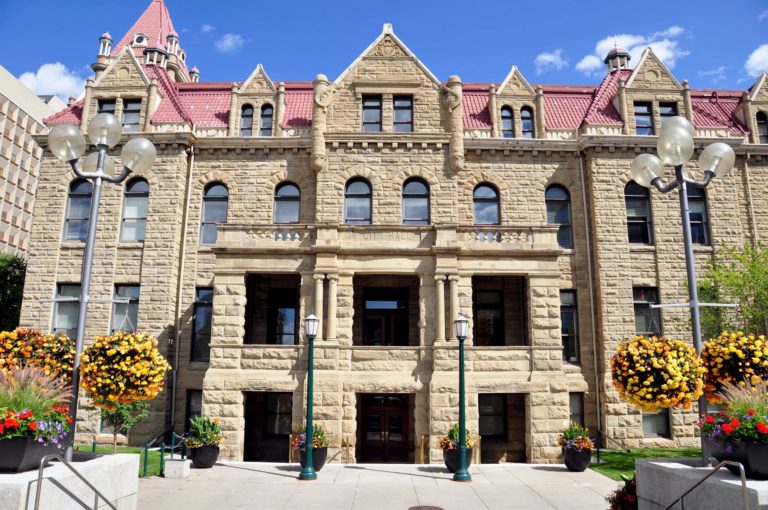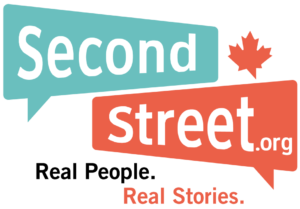Column
Report
City hall’s finances aren’t so dire

I called up my friend Tracy Johnson recently and asked her a simple question, “how would you like it if your business saw a 6 per cent drop in revenues?”
She responded, “I’d love it if my problem was only that small.”
Tracy and her sister opened up a new brewery in Calgary about a month before COVID-19 took hold in Canada. Needless to say, their revenues have plummeted like countless other businesses. It’s easy to see why she would be happy with only having her budget off by such a small figure.
I asked the same question to a contact in Winnipeg who runs a small retail operation. She told me, “A 6 per cent decrease would hardly be a blip on the screen compared to what COVID-19 has caused.”
Since the pandemic emerged in Canada, countless businesses across the country have faced enormous budgetary shortfalls – many have simply shut down.
Yet at the same time, mayors of large cities in Canada have been pleading poverty over relatively small amounts. The shortfalls mayors have been communicating to the public are large, in dollar terms, but they’re not-so-large when you put them in the context of their entire city budgets.
The aforementioned “6 per cent” is what the shortfall identified by Calgary’s Mayor roughly works out to as a percentage of the city’s total budget. Winnipeg’s budget shortfall works out to around 6 per cent, Toronto’s is about 11 per cent, Edmonton’s is 9 per cent and Ottawa’s is around 1 per cent.
Premiers Jason Kenney, Brian Pallister, Doug Ford and Prime Minister Justin Trudeau and others are often approached by big these city mayors for funding assistance. Provincial and federal politicians would be wise to consider two things.
First, as demonstrated, city budgets aren’t so dire when compared to what everyone else is going through. Couldn’t cities cut back on compensation and delay spending on nice-to-have projects like the rest of society?
I previously experienced a 10 per cent pay reduction during a recession. It wasn’t pleasant, but I felt fortunate to still have a job. Perhaps cities could employ that same mindset?
Second, city budgets increase every single year. It’s not like cities are having to reduce spending after years of spending cuts or freezes. Quite the opposite.
If you peruse the activities of big cities, you’ll find they’re often not exactly lean machines.
In Winnipeg, citizens hired a private investigative firm last year to blow the whistle on city staff shopping at Costco, snow blowing their driveways and running personal errands during the workday to name a few examples; 20 staff were eventually disciplined, some fired. Make no mistake, there are many good people who work for the City of Winnipeg, but what kind of management structure allows for such waste?
Toronto had enough money to pay staff to harass senior citizens for gambling $1.25 during their unlicensed Euchre card games and Calgary was spending millions on staff bonuses each year and council didn’t even know.
If mayors can’t find savings in their budgets, then maybe they should ask the rest of society how to do it?
And if mayors aren’t willing to demonstrate true sacrifices then it’s hard to imagine why other levels of government should consider their requests in the first place.
Colin Craig is the President of SecondStreet.org, a new Canadian think tank
Other Canadians Share Similar Experiences:
Don and Jackie, Winnipeg
Jerry and Becky, Calgary
Troy and Erika, Victoria
Jim Jones, Toronto
You can help us continue to research and tell stories about this issue by making a donation or sharing this content with your friends. Be sure to sign up for our updates too!


